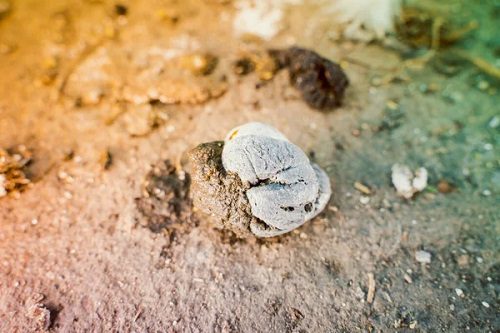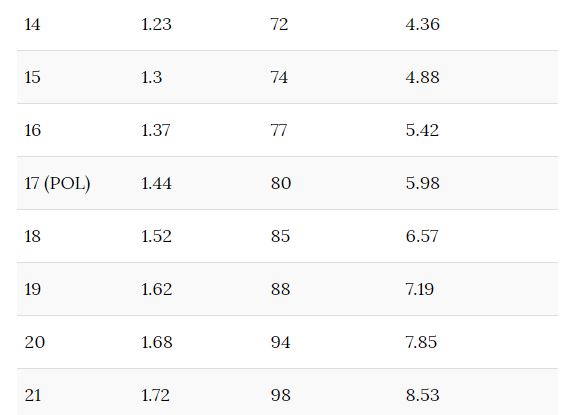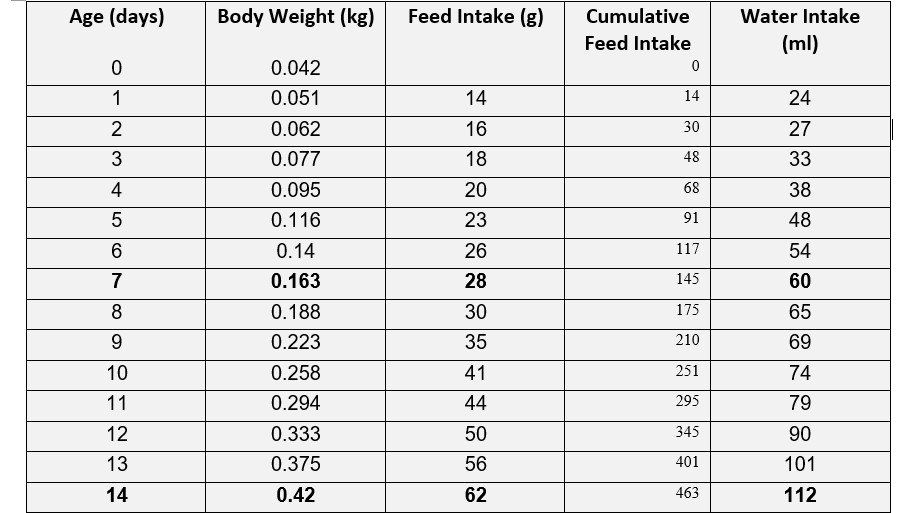If you own chickens, you might have noticed that their poop comes in different shapes, colors and textures. This is normal and nothing to worry about, as long as you know what to look for and when to seek help. This article will explain what normal chicken poop looks like and what it can tell you about your flock’s health.
Normal chicken poop consists of two parts: Feces and Urates. Feces are the solid waste that comes from the digestive tract, while urates are the liquid waste that comes from the kidneys. Urates are usually white or cream-colored and can sometimes form a cap over the feces. Feces can vary in color depending on what the chicken ate, but they are usually brown, green or yellow.

Normal chicken poop can also have different shapes and textures depending on how much water the chicken drank and how fast it digested its food.
Additionally, Normal chicken poop can have some variations depending on the age, gender and breed of the chicken. For example:
- Chicks: Chicks have a special type of poop called meconium, which is dark green or black and very sticky. This is the first poop they produce after hatching and it contains waste from their embryonic development. After a few days, their poop will become more normal.
- Roosters: Roosters have larger and more colorful poop than hens because they have more testosterone and pigment in their urine.
- Bantams: Bantams are small breeds of chickens that have smaller and less frequent poop than larger breeds.
As you can see, normal chicken poop can vary a lot depending on many factors. However, there are some signs that indicate that something is wrong with your chicken’s poop and that you should consult a veterinarian. These include:
- Blood in the poop which indicates an injury, an infection or a parasite in the digestive tract.
- Worms in the poop indicate a parasite infestation in the intestines.
- Mucus in the poop indicates inflammation or irritation in the digestive tract.
- Foamy or bubbly poop indicates a bacterial infection in the intestines.
- Black or tar-like poop indicates internal bleeding in the digestive tract.
- White or chalky poop indicates a kidney problem or a calcium deficiency.
If you notice any of these signs in your chicken’s poop, you should take them to a veterinarian as soon as possible for diagnosis and treatment. Keeping an eye on your chicken’s poop can help you monitor their health and prevent serious problems. Remember to always provide your chickens with fresh water, nutritious food and a clean coop to keep them happy and healthy.



